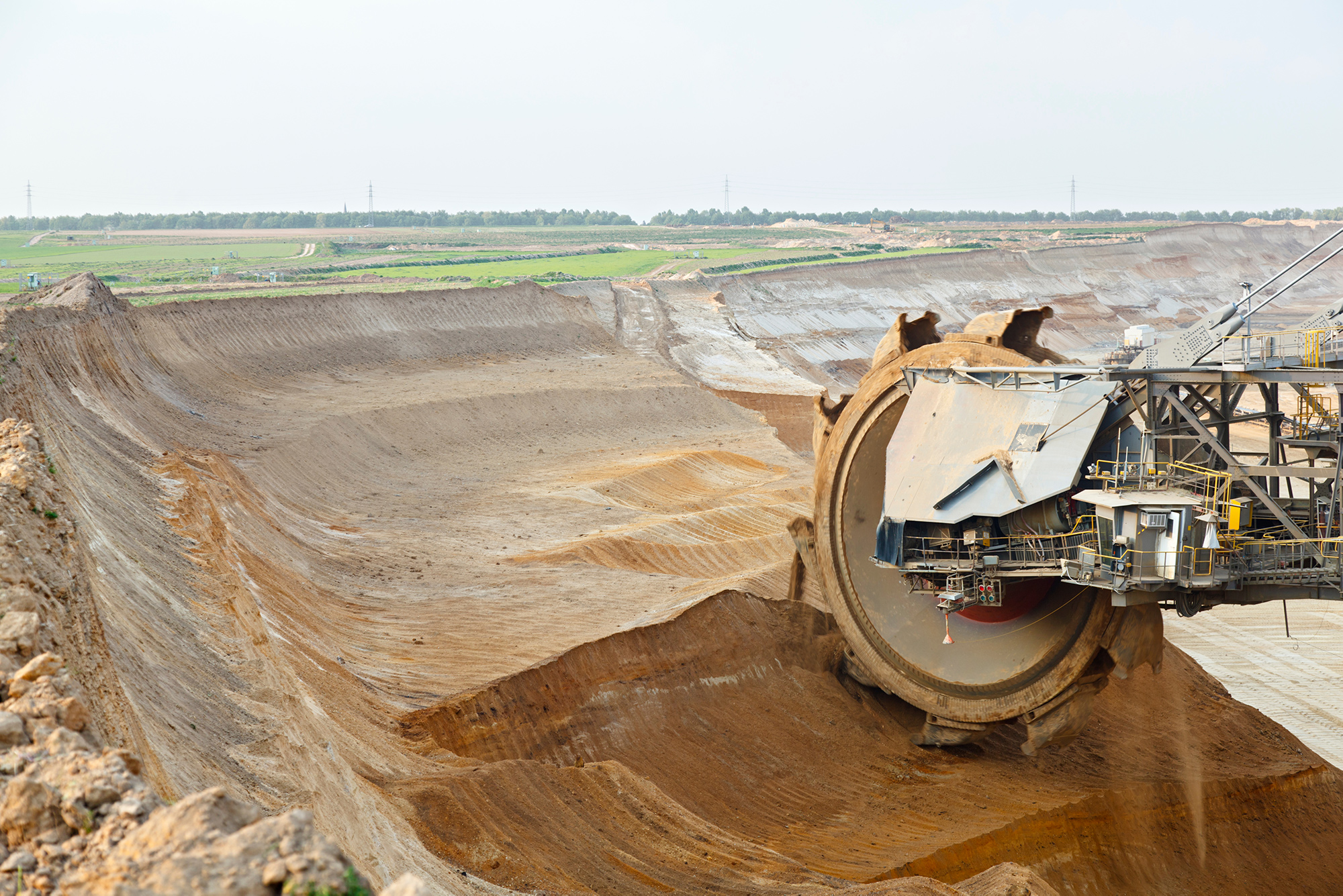
Q&A
“Rising demand”: Boris Ivanov on mining in a post-pandemic world
Zachary Skdimore speaks to Boris Ivanov, founder of international natural resources operator Emiral Resources, about what the mining industry must do to ensure a successful recovery from the impact of the Covid-19 pandemic.
This year will be a year of recovery for the mining industry, as it rebounds from Covid-19 and begins to increase production to pre-pandemic projections. However, the continual threat of further Covid-19 variants and the increasing pressure to adhere to strict environmental, social and governance (ESG) guidelines will mean that miners have to remain diligent, flexible and alert to changing political, social and environmental conditions to maintain a steady recovery.
We speak to Boris Ivanov, founder of international natural resources operator Emiral Resources, about the state of the recovery, the importance of ESG in retaining the confidence of local and international stakeholders and supporting continual growth in the sector.
// Boris Ivanov, founder of Emiral Resources. Credit: Emiral Resources
Zachary Skidmore: What commodities do you see rising in value the most over the coming year and why?
Boris Ivanov:The world is continuing its recovery from the pandemic apace and so is the minerals industry. Since the second half of 2020, the sector has rebounded swiftly and we have seen rising demand for most mining commodities. These conditions will remain in 2022 and beyond. While gold did not have the best year in 2021, its popularity is expected to steadily rise this year, owing to growing inflation across the world and its standing as an age-old, inflation-proof commodity.
Copper will be another metal to watch out for after a strong 2021. The copper market is forecast to support AISC (all-in sustaining cost – a modern cost of production metric mostly used in gold and non-ferrous metal extraction) margins over 100% in 2022. Nickel will be another metal to watch as its trends are similar to copper, and growing interest in energy transition metals will buoy cooper and nickel prices above average.
How will Omicron and the potential discovery of further variants impact mining operations globally?
The pandemic had a rather severe effect on the mining industry, but the sector has demonstrated resilience, with a strong rebound that began in the latter half of 2020. Omicron’s emergence has again delayed recovery though, with latest reports from mining giants like BHP and Rio Tinto warning of further disruptions, chiefly labour shortages, as the variant courses through the world.
Omicron’s effect has also been keenly felt in Latin America, with top mining nations like Peru, Chile, Mexico, Brazil, Argentina and Colombia all seeing rapid increases in Covid-19 case numbers, which has in turn hurt productivity. However, with growing vaccination coverage and the prospect of nationwide lockdowns unlikely, the industry will be relatively insulated, and the supply chain will be able to recover quicker as compared to when the pandemic first hit.

How important are ESG concerns in the delivery and development of Emiral Resources’ mine operations in 2022?
I believe we should start by not labelling ESG as a "concern" – it is an integral part of modern mining operations. ESG issues are taken extremely seriously at Emiral Resources.
There is no denying that mining is an activity that can be disruptive to both the natural and social environments. It is also one of the oldest and most fundamental of human business activities, as it provides all the materials for the rest of our economy. Every single object that we produce, buy and use starts with sourcing its basic components through some form of natural resource extraction.
Therefore, it is the governance element of ESG that must drive action that mitigates or re-balances the disruptive nature of mining. It is crucial to understand that mining companies address these issues head-on, take proactive action and build an operating culture where ESG is an integral part of work.
A positive ESG record has a direct impact on gaining access to customers, securing and maintaining funding and, most importantly, guaranteeing good neighbour relations with local communities. Producing tangible change in the living standards of the people, who call mining areas home, is the only sustainable way to operate a project whose lifespan is measured in years and decades.
It may be surprising, but it starts with listening to the local people, not bringing one’s preconceived ideas of what is "good, responsible and sustainable".
[This means] not even taking leads from the central government of a country but talking and establishing connection at the village and town level, and then using superior logistical and management expertise – coupled with access to funding, of course – to address the often very acute local challenges. That is what builds mutual trust, and that is what brings sustainability to the environment and to the mining project itself.
Maintaining a strong ESG record can also translate into meaningful savings from reduced energy costs, environmentally friendly use of water resources and an overall improvement in resource utilisation. ESG issues will continue to grow in prominence in 2022 and beyond. Emiral will continue to not only identify key ESG challenges across all our projects, but also maintain its commitment to implementing comprehensive solutions on the ground that provide tangible benefits to all stakeholders.
How critical is working with local communities throughout the planning, operation and decommission of mines?
Local communities need to be at the front and centre of the entire mining process and provided exhaustive information right from the first stage. Prioritising the development and maintenance of strong partnerships with local communities either with an interest in or impacted by a mining project is crucial.
However, it is important to understand that working towards the benefit of local communities entails a long-term approach to effect systemic change that mainstreams the creation and sustenance of local community partnerships.
One thing that mining companies can do to promote inclusivity in the local community is to ensure that they do a better job of supporting ancillary industries and jobs around the mining project. Local procurement of goods and services goes a long way in job-creation in the immediate vicinity of the project, utilises the local economy and in turn develops more options that have the potential to thrive even after the mining project has been decommissioned.
In coordination with local community leaders, investments in local infrastructure – such as water, irrigation, roads, educational and health facilities – also produce a lasting effect on the local standards of living.
Mining companies also need to push governments, both local and central, to put in place policies that strengthen educational skills of the labour force, ease access to financing and make infrastructural improvements in areas around the mining project.
// Main image: Mining vehicle. Credit: IndustryAndTravel via Shutterstock